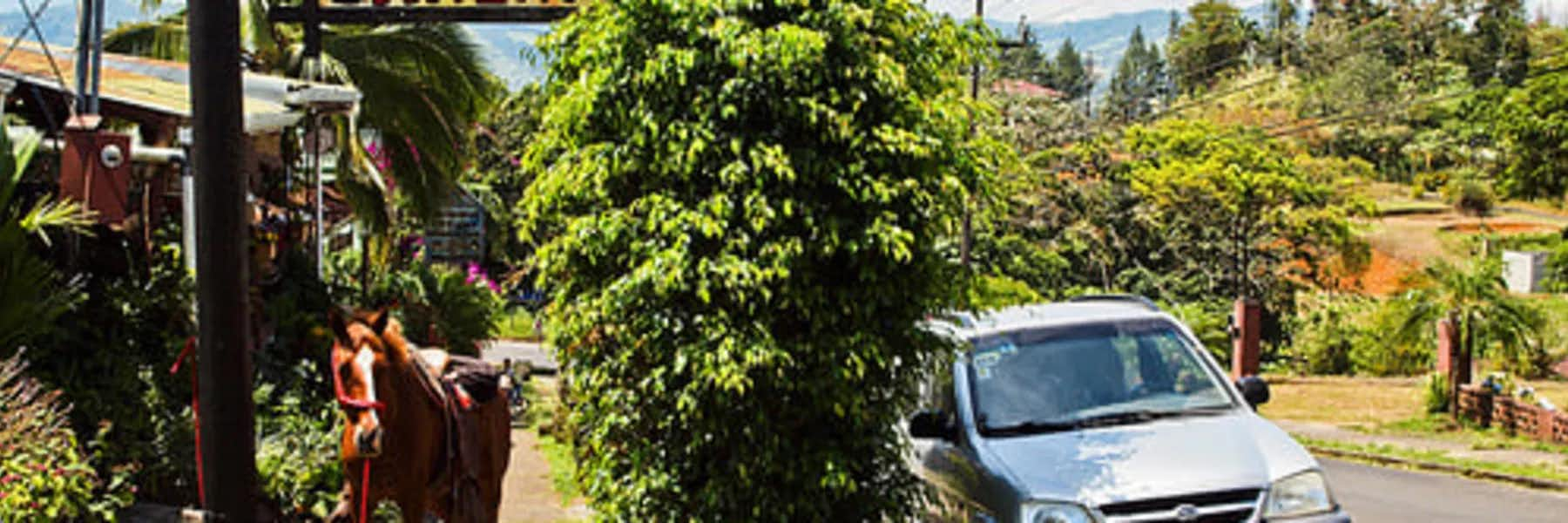When moving to Costa Rica, many expats wonder whether they should bring their car from home or buy something when they get down there.
Well… it depends. As covered in this article, “Bringing a Car to Costa Rica,” importing a car from the U.S., while relatively easy, can be quite expensive. In fact, you could pay close to the value of the car in import duties and fees.
For that reason, many expats choose to purchase a vehicle after they move. Because of the high import fees, cars for sale also tend to be more expensive than the U.S., even for used vehicles.
But there are many affordable used cars available from a variety of sources. Here are a few tips:
CRAutos.com is the number online clearinghouse for used cars. Craigslist Costa Rica is also a great resource, especially for fellow expats looking to sell their car for cheap before moving back home.
The best car lots in the country are in and around San José, the capital. About an hour northwest of the city is Grecia, a small town known throughout the country for its used car lots that line the road from the PanAmerican Highway to its center.
When looking at used cars on the lots—this goes for any used car—your best bet is to buy a vehicle just imported from the U.S. that has not been on any of Costa Rica’s potholed back roads. Check the Carfax history by looking at the VIN number to confirm when it was imported. Many used car dealers buy vehicles at auction in southern states like Texas (no road salt damage) for resale here.
Asian brands like Toyota, Suzuki, and Mitsubishi are the most popular on the road, have the most available spare parts and qualified mechanics, and are cheapest to repair.
If you plan to live in a rural area, an SUV with its high clearance is the way to go. Four-wheel drive is not necessary unless you live in an isolated area.
Buying from a private owner can get you a better deal. Get to know local expats, and after a few months you’re sure to hear about a cheap car coming on the market. As you would anywhere, be sure to have a trusted mechanic take a look before you pay.
Once you’ve picked out a car, hire an attorney to walk you through the process. They’ll do the paperwork, handle the transaction, and get the car registered… everything for a low fee. This is the way to go, especially if you don’t speak Spanish.
Make sure the Revision Tecnica de Vehiculos and marchamo are up to date. The RTV, as it’s known, is an annual vehicle inspection that checks mechanical and safety features, among other things. The marchamo is the car’s registration. You don’t want to have to pay those fees right out the gate.
The great news is that although cars are relatively expensive, they are cheap to maintain. For repairs that would cost thousands back in the U.S., you’ll pay hundreds here. And cars hold their value very well. Expect to not get much less than you paid if and when you decide to sell your car.
Related Articles
Jaco, Costa Rica: Retirement, Cost of Living and Lifestyle Information
